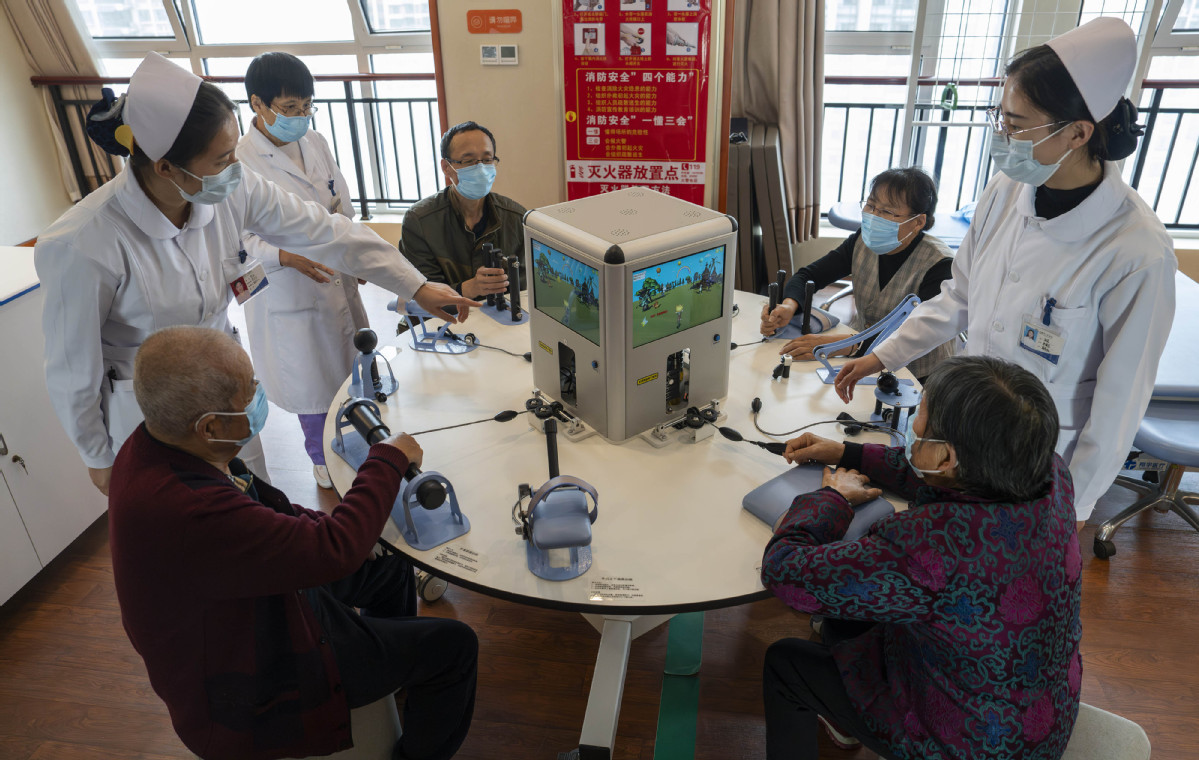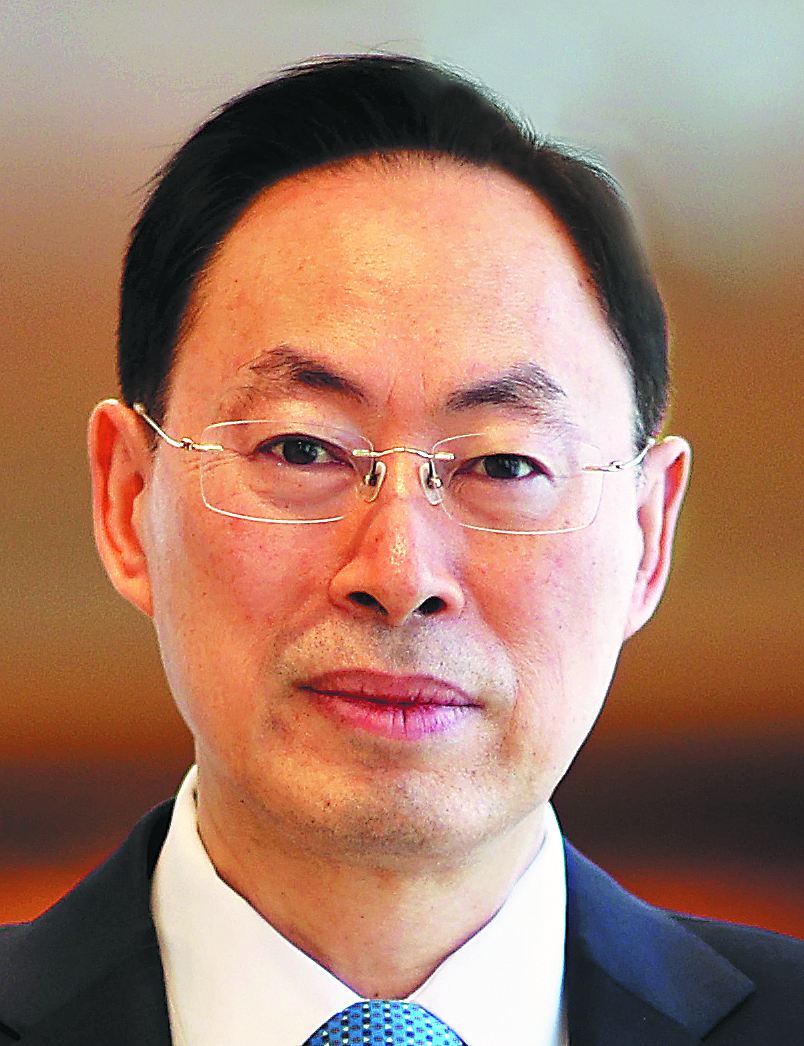Greater role for SOEs sought in eldercare


China should support capable State-owned enterprises, both centrally and locally administered, in developing community-based home care service systems, said a national legislator on Monday.
SOEs have the advantages of funding, resource allocation, brand trust and industry synergy, which enable them to effectively enhance the quality and sustainability of eldercare services, said Yu Xubo, a deputy to the 14th National People's Congress, China's top legislature.
Driven by a trend of smaller family structures and traditional elderly care culture, more than 90 percent of senior citizens in China prefer home-based care, making the development of community-based home care services imperative, said Yu, who is also chairman of China General Technology (Group) Holding Co Ltd (Genertec), a Beijing-headquartered centrally administered SOE.
However, the current home care service market is dominated by small and medium-sized enterprises, which face challenges such as insufficient funding, a lack of medical resources and inconsistent service quality. This makes it challenging to provide professional, stable and sustainable medical and eldercare services at home, according to a report released by the Institute of Population and Labor Economics of the Chinese Academy of Social Sciences last year.

In response to these challenges, Yu hopes the government will implement specialized policies that will enable and incentivize healthcare-focused SOEs to participate in the public procurement of community-based home care services.
"It is practical for local governments to strengthen collaboration with SOEs, leveraging their expertise in healthcare to integrate medical, financial, eldercare and digital platform resources," he added.
Yu's proposal, submitted to the 14th NPC, advocates for the introduction of preferential policies to foster partnerships between SOEs and local SMEs. This initiative aims to enhance the overall quality and efficiency of home care services.
Emphasizing the need for local governments to refine bidding mechanisms to foster collaboration between SOEs and SMEs, he said this may involve permitting both parties to establish consortia for joint bidding, which will enhance the role of large businesses in driving and coordinating industrywide advancements.
China's population aged 60 and over reached nearly 297 million by the end of 2023, accounting for 21.1 percent of the total, according to the latest data released by the Ministry of Civil Affairs in October last year.
Yu said that the development of a robust and inclusive community-based home care service system requires precise policy stratification, seamless resource integration and continuous optimization of operational mechanisms to ensure efficiency, sustainability and high-quality service delivery.
"This approach ensures the survival of SMEs and leverages the technological and financial advantages of SOEs," he said, stressing that the high-quality development of eldercare services depends on removing scale-based restrictions and creating a competitive environment focused on capability and service quality.
Zheng Wei, a professor at Peking University's School of Economics, noted that China's aging population is transitioning from prioritizing basic survival needs to emphasizing personal growth and well-being.
"This evolution extends beyond essentials such as clothing, food, housing and transportation to include healthcare and eldercare, as well as an increasing demand for leisure and entertainment," said Zheng.
Committed to building an inclusive and comprehensive eldercare system, China will encourage foreign companies to participate in key service sectors such as eldercare, culture and tourism, sports, healthcare, vocational education and finance, according to the 2025 Action Plan for Stabilizing Foreign Investment released by the government in February.




































